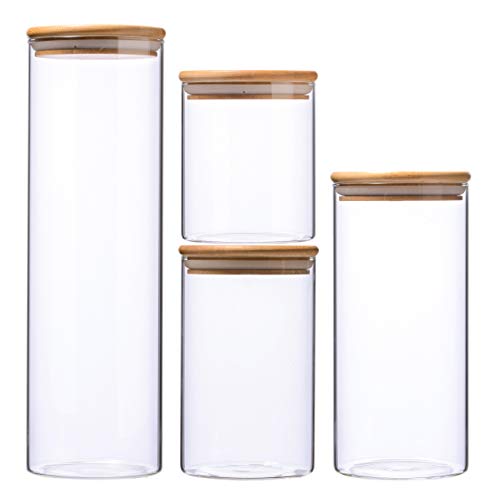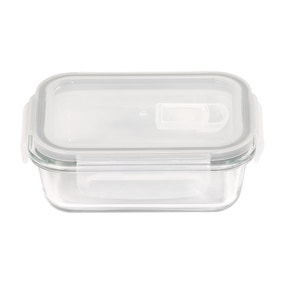Can you put glass in the freezer? Yes, provided you use this type of glass container
Because the last thing you want is for your leftovers to explode
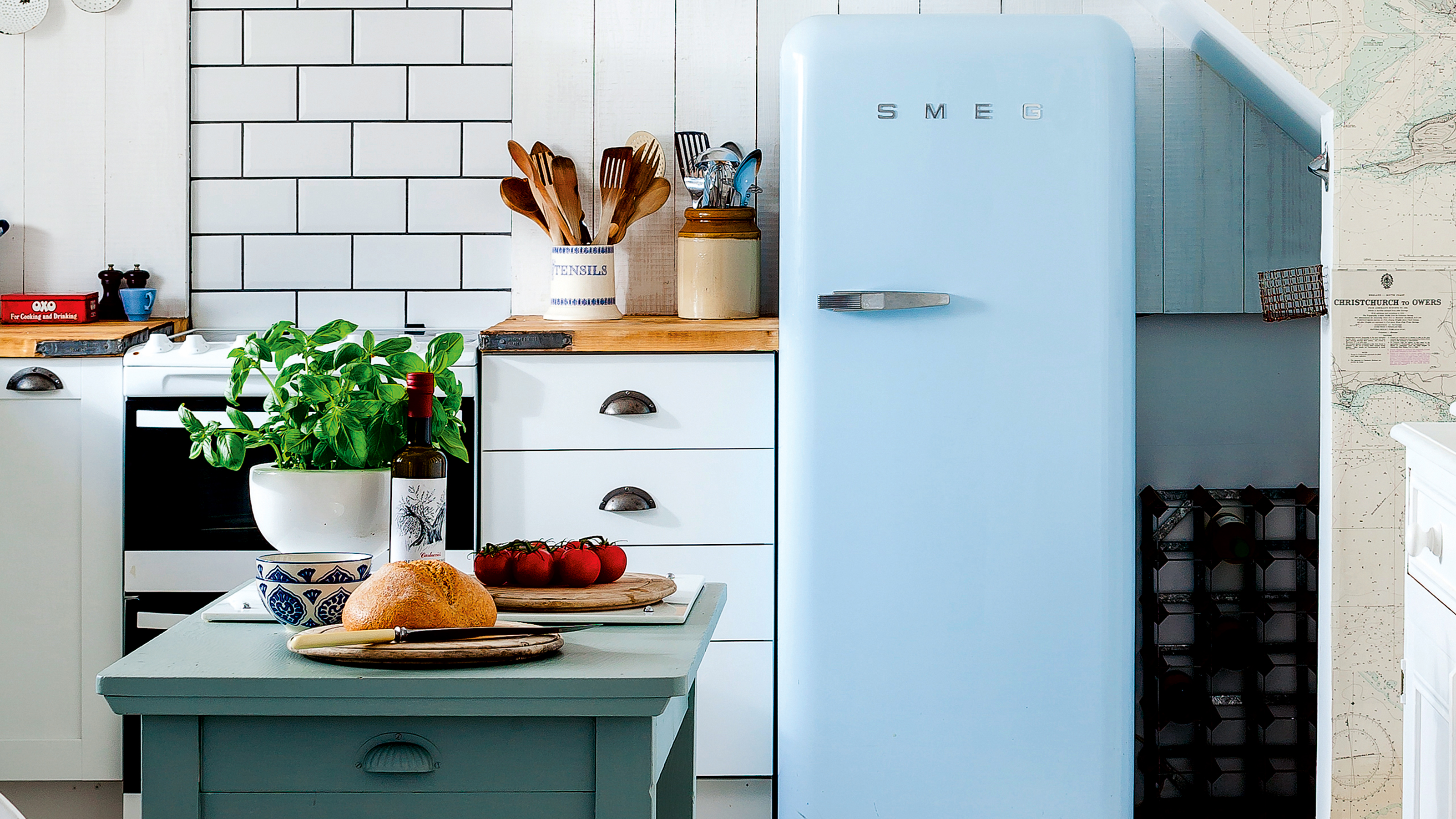

Storing your leftovers in glass containers is often a more environmentally friendly and less smelly alternative to plastic. But can you put glass in the freezer?
Freezing food is a well-known kitchen storage hack to make your food last longer. But what you use to put your food inside the freezer is very important. OXO Silicone bags and plastic food containers are both freezer-safe solutions, but as it turns out, some glass containers are also well-suited to below-freezing temperatures.
If you’re in a bid to move away from plastic this year, there are some glass containers you can safely store in the freezer. We asked the experts and this is everything you need.
Can you put glass in the freezer?
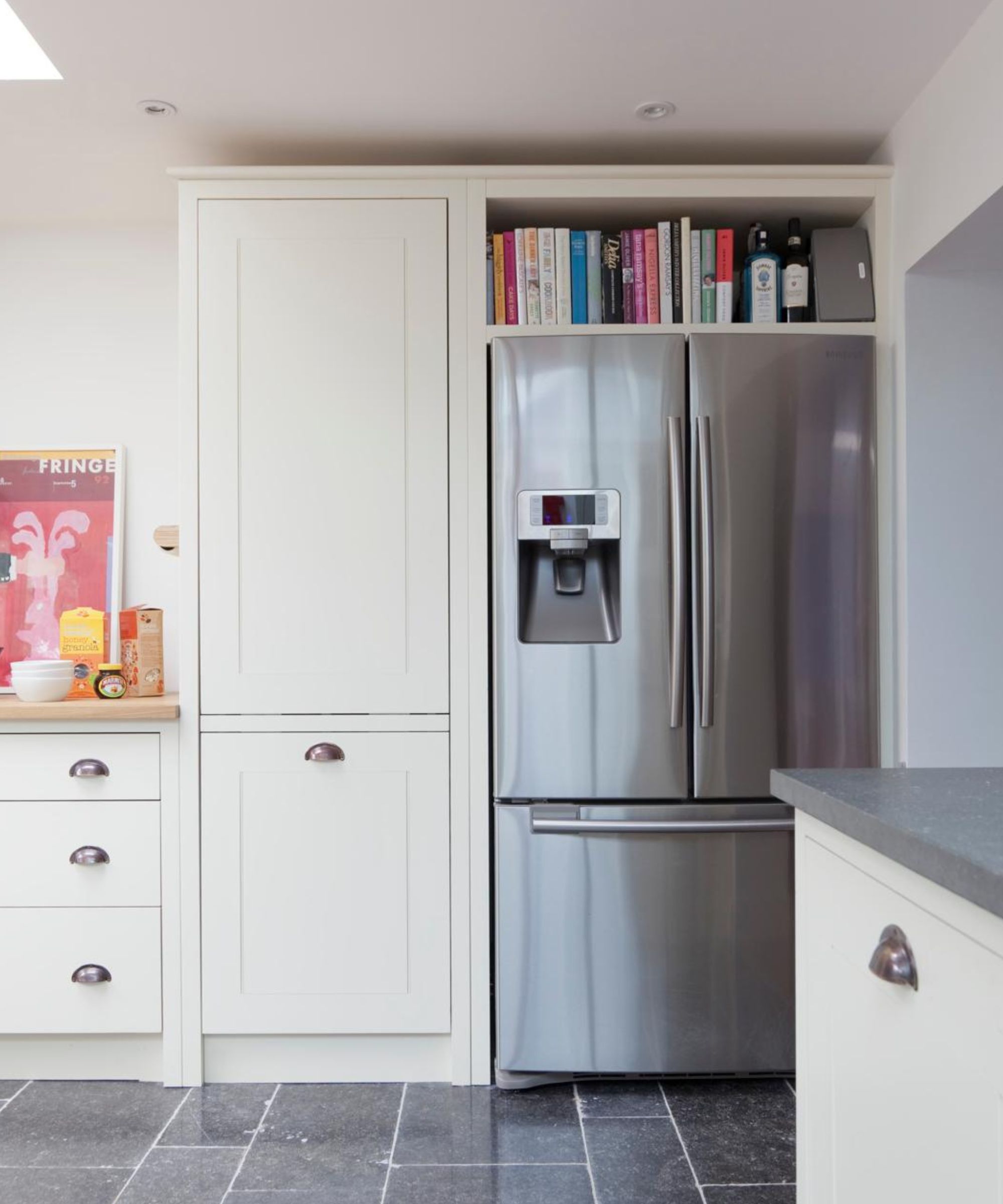
‘Glass can be stored in your freezer but it's advisable to take some precautions as it can shatter when exposed to extreme temperature changes or is an unsuitable glass for your freezer,’ explains Sarah Heaps, refrigeration expert at AO.com.
Not all glass is suitable for freezing conditions and risks shattering - spoiling your food and giving you an added cleaning job in the process.
‘You should only place a glass container in the freezer if it is labelled as freezer-safe. Borosilicate glass containers are well suited to putting in the freezer, as they are more resistant to thermal shock compared to other kinds of glass. This is because borosilicate glass does not have air pockets that contract with temperature changes,’ says Liam Spencer, owner of Northallerton Glass.
Pyrex glass is an example of Borosilicate glass and can be stored in your freezer. It is best to avoid any thin or decorative glass as this has the highest risk of cracking.
Get the Ideal Home Newsletter
Sign up to our newsletter for style and decor inspiration, house makeovers, project advice and more.
‘This glass is specially designed to withstand any temperature changes, but you should still try to avoid moving this directly from your freezer to a hot oven and always ensure it is at room temperature before you pop it into your freezer,’ says Sarah.
How to prevent glass shattering in the freezer
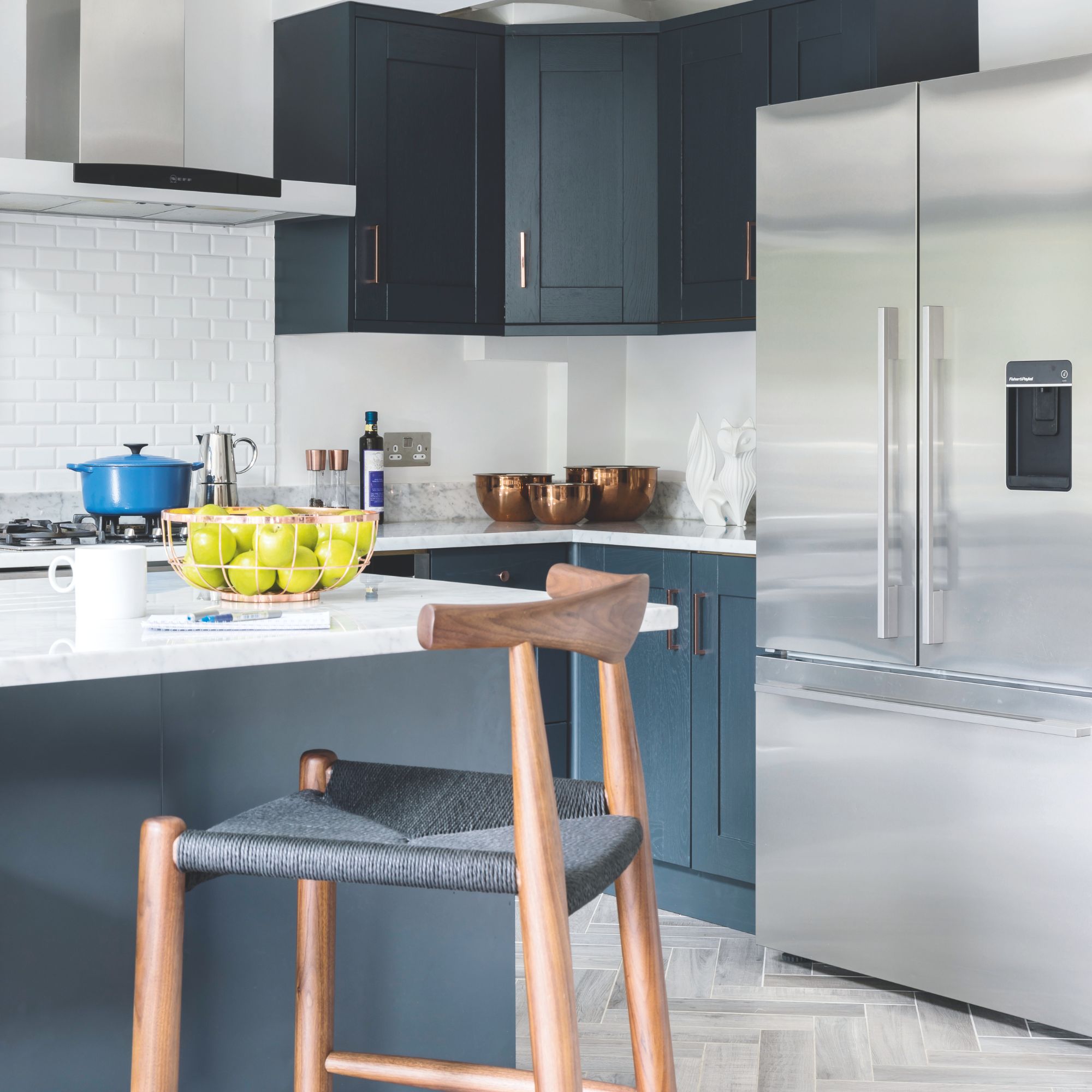
'To minimise the risk of glass cracking in your freezer, try to leave space for any container expansion. Liquids expand as they freeze so leave an inch gap to allow for this. Also, try to let your hot foods cool to room temperature before you place them in your freezer. Similarly, avoid overfilling your freezer as pressure or contact can again lead to cracking,’ recommends Sarah.
Food or liquids that haven’t completely cooled risk thermal shock when the glass is placed inside the freezer which causes cracking. It also increases the risk of bacteria growth.
‘Use a container that has a silicone lined lid, as this will provide an airtight seal to keep food fresh and help to prevent freezer burn,’ Liam also recommends.
‘Avoid freezing liquids in jars that have a narrow neck and use wide-necked jars or a jar with sides that taper outwards instead. Wider jars will have more space to allow for any expansion of the liquid as it freezes.’
When purchasing glass storage containers, ensure they are labelled as freezer-safe if you want to use them to store leftovers - this way, you will avoid pulling any broken glass out of your freezer.
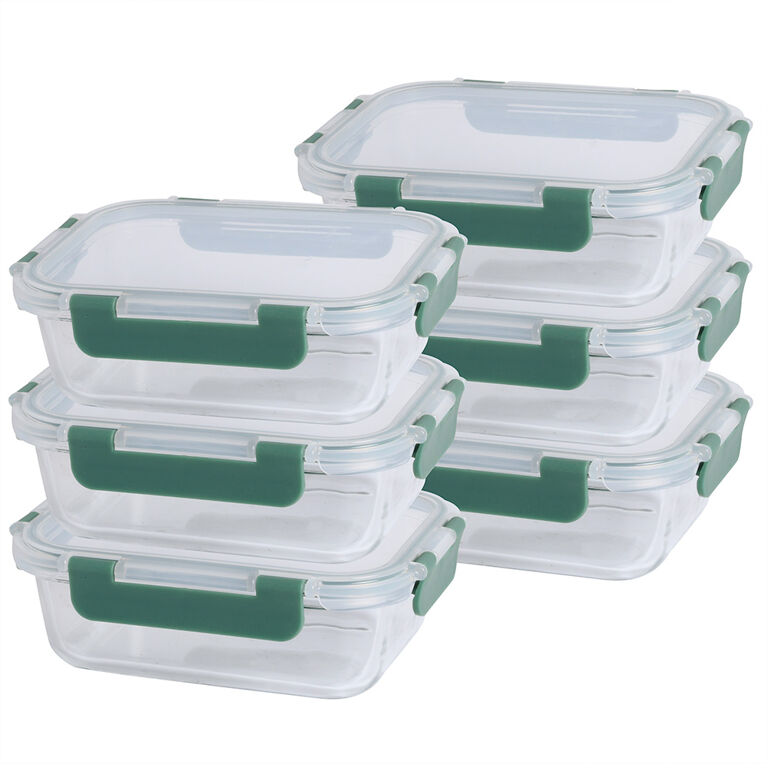
Made from heat, stain and scratch resistant borosilicate glass, these containers are freezer, dishwasher and microwave safe.

Kezia Reynolds joined the Ideal Home team as News Writer in September 2024. After graduating from City, University of London in 2022 with a bachelor’s degree in journalism, Kezia kicked off her career spending two years working on women’s weekly magazines. She is always on the lookout for the latest home news, finding you the best deals and trends - so you don’t miss a thing!
-
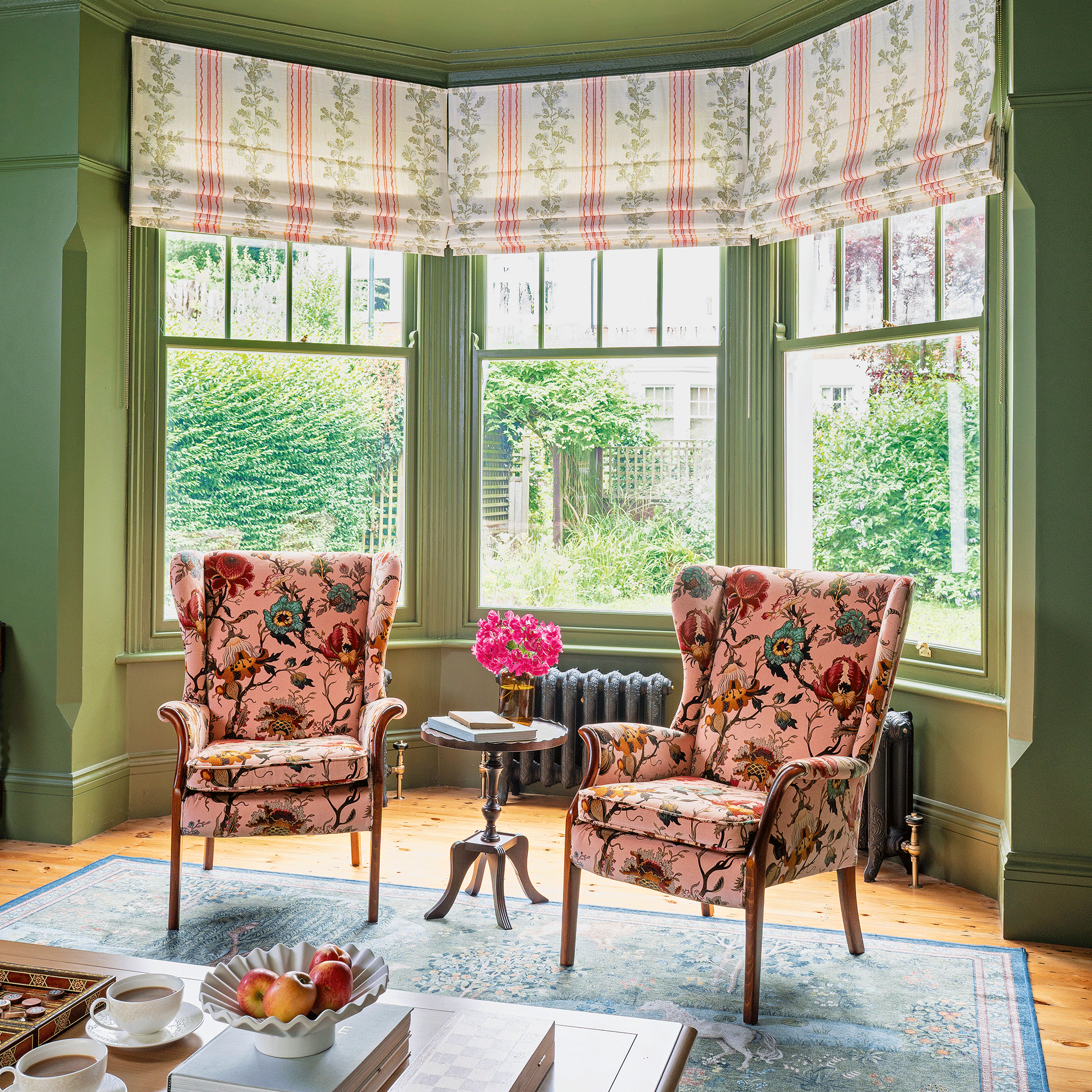 A strict colour palette and vintage finds have turned this semi-detached Edwardian house into an elegant family home
A strict colour palette and vintage finds have turned this semi-detached Edwardian house into an elegant family homeSticking to a three-colour palette of green, pink and yellow and mixing in plenty of vintage furniture and art has created an authentic period feel
By Stephanie Smith
-
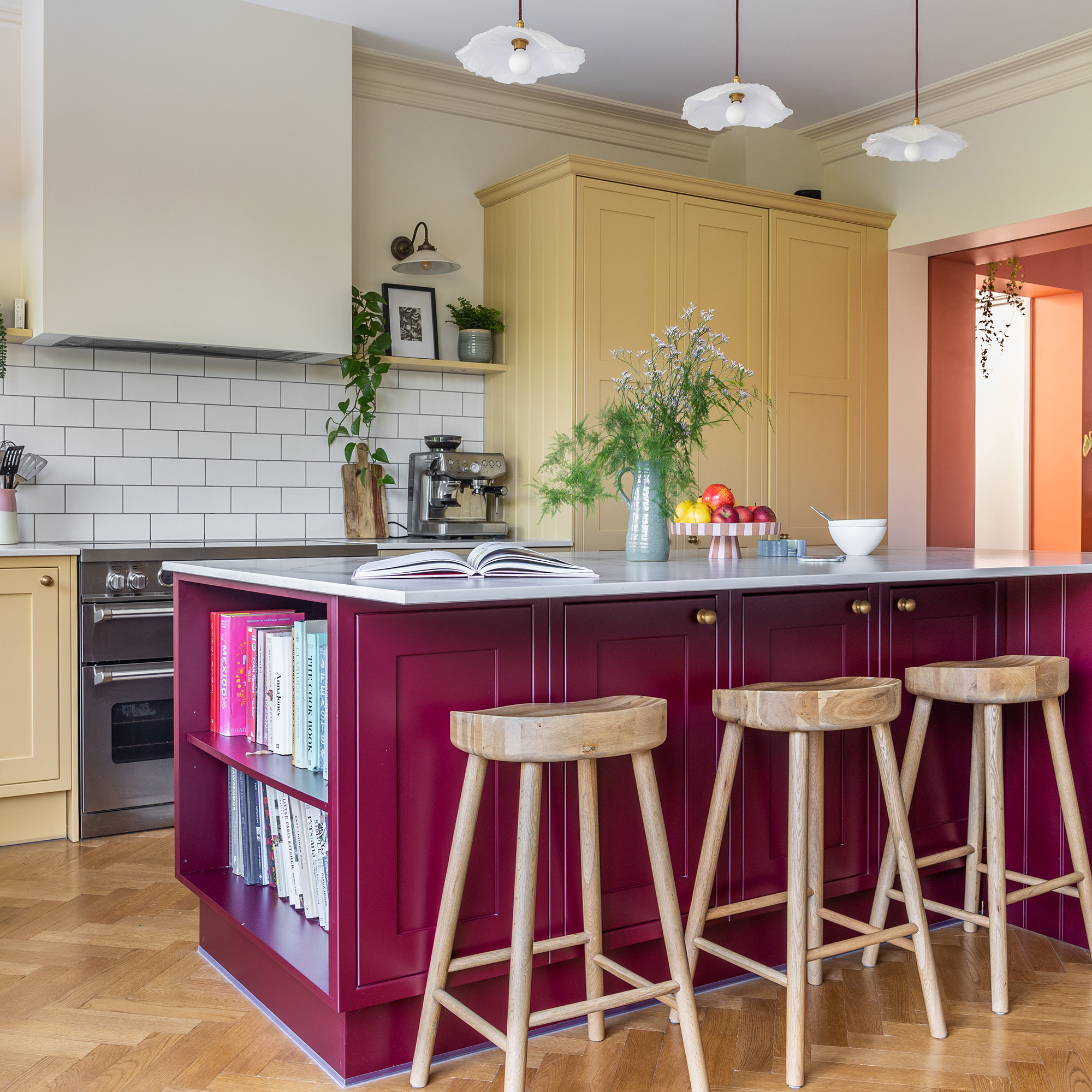 A top-to-bottom renovation has turned this Edwardian house into a lovely family home
A top-to-bottom renovation has turned this Edwardian house into a lovely family homeWith a few considered structural changes, this period house has been turned into a family home and has created a sanctuary for years to come
By Maxine Brady
-
 How to heat a conservatory
How to heat a conservatory7 practical options to consider for year-round comfort
By Amy Reeves
-
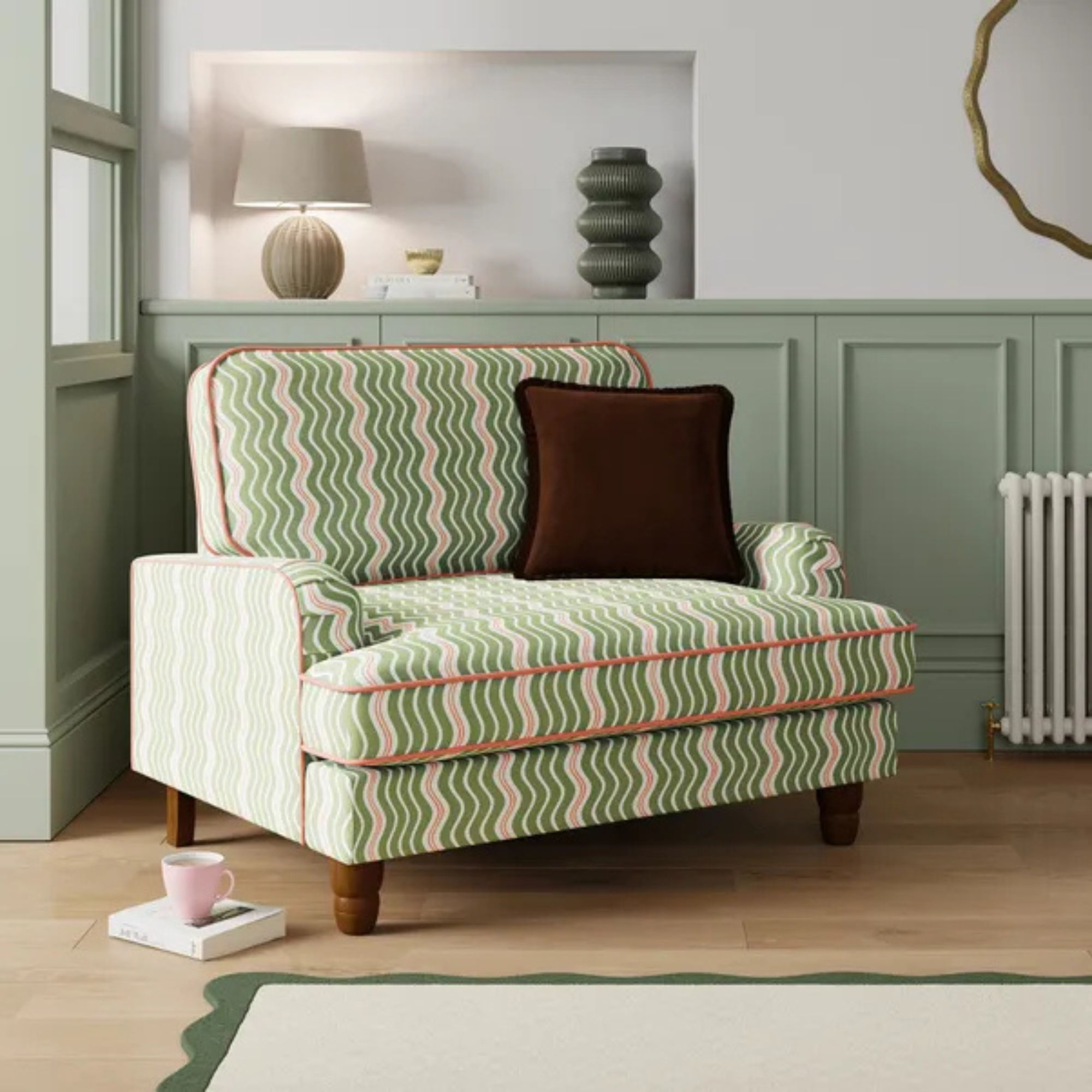 Dunelm has given its cult snuggle chair a new look - it's swapped classic stripes for another emerging pattern trend
Dunelm has given its cult snuggle chair a new look - it's swapped classic stripes for another emerging pattern trendI'm obsessed with this fresh new style
By Kezia Reynolds
-
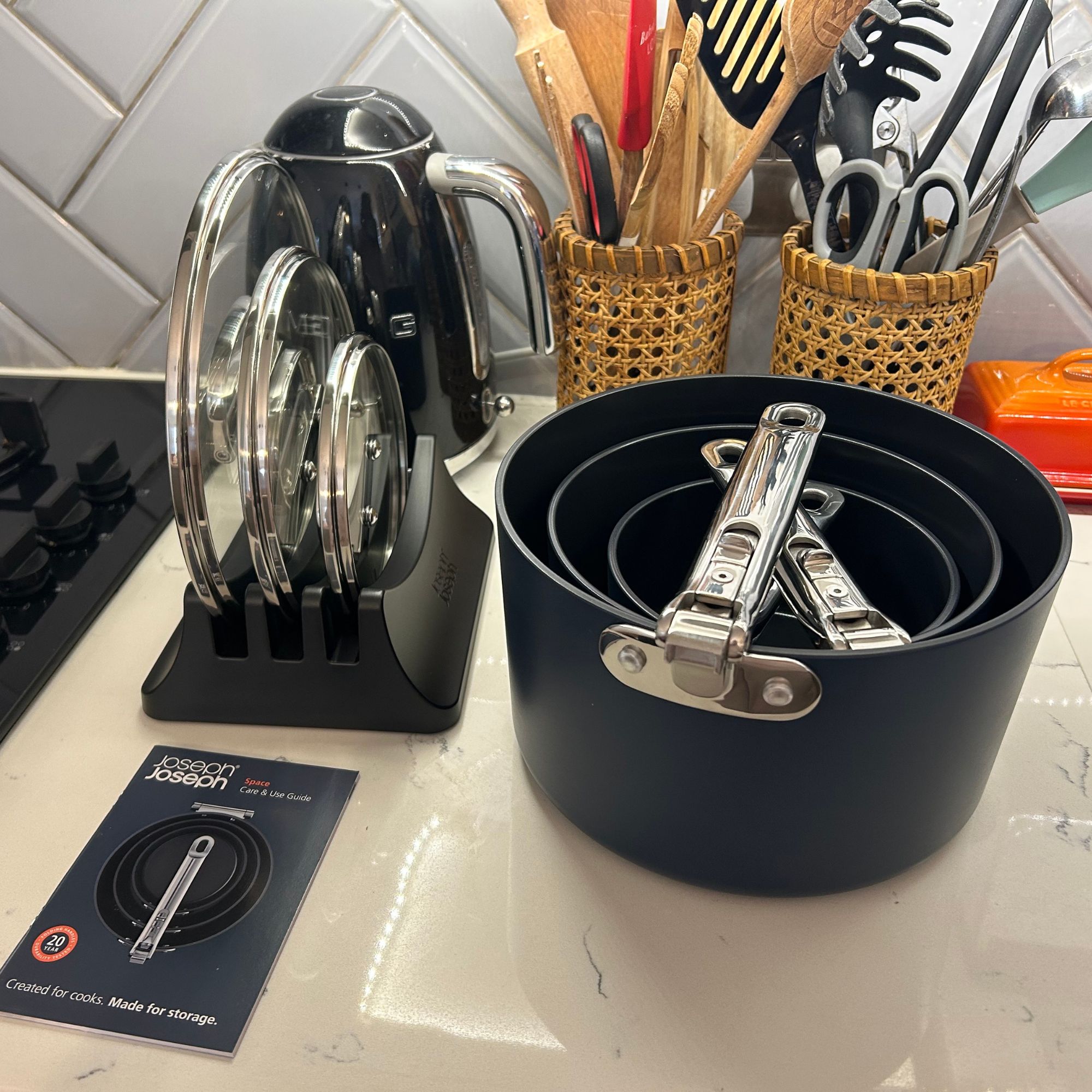 I tried Joseph Joseph's pan set with foldable handles – the space-saving design is just one of the many highlights
I tried Joseph Joseph's pan set with foldable handles – the space-saving design is just one of the many highlightsSmall kitchen? I tested this innovative Joseph Joseph space-savvy set which has foldable handles — and I loved it
By Annie Collyer
-
 As a stylist, I spend hours looking for bedding for photoshoots, and I just spotted these 6 expensive-looking sets at M&S
As a stylist, I spend hours looking for bedding for photoshoots, and I just spotted these 6 expensive-looking sets at M&SGet a little luxury at a high-street price
By Laurie Davidson
-
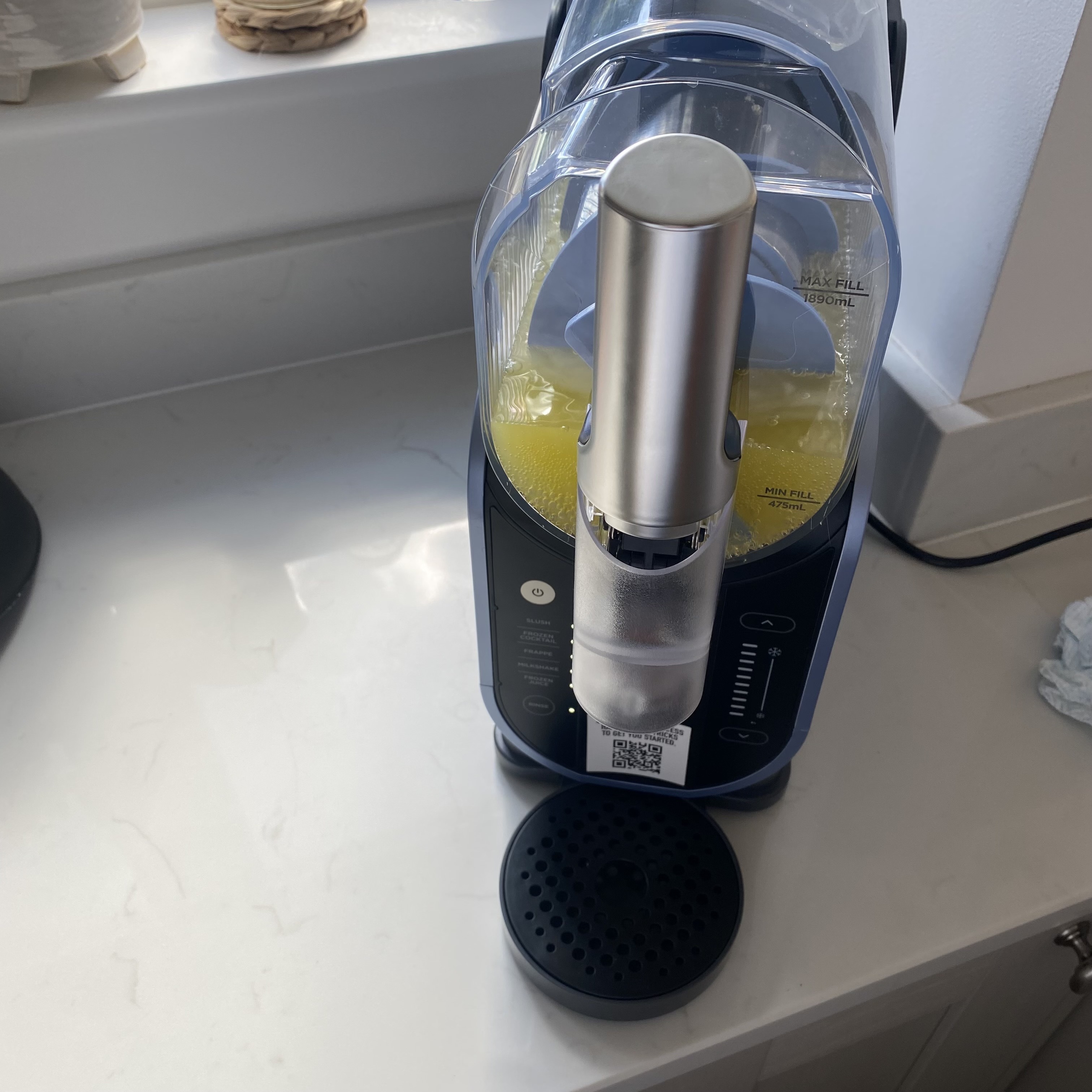 I've been waiting to try out the Ninja Slushi for months – this is what happened the first time I tried it
I've been waiting to try out the Ninja Slushi for months – this is what happened the first time I tried itThe Ninja Slushi is the stuff of dreams for summer entertaining
By Molly Cleary
-
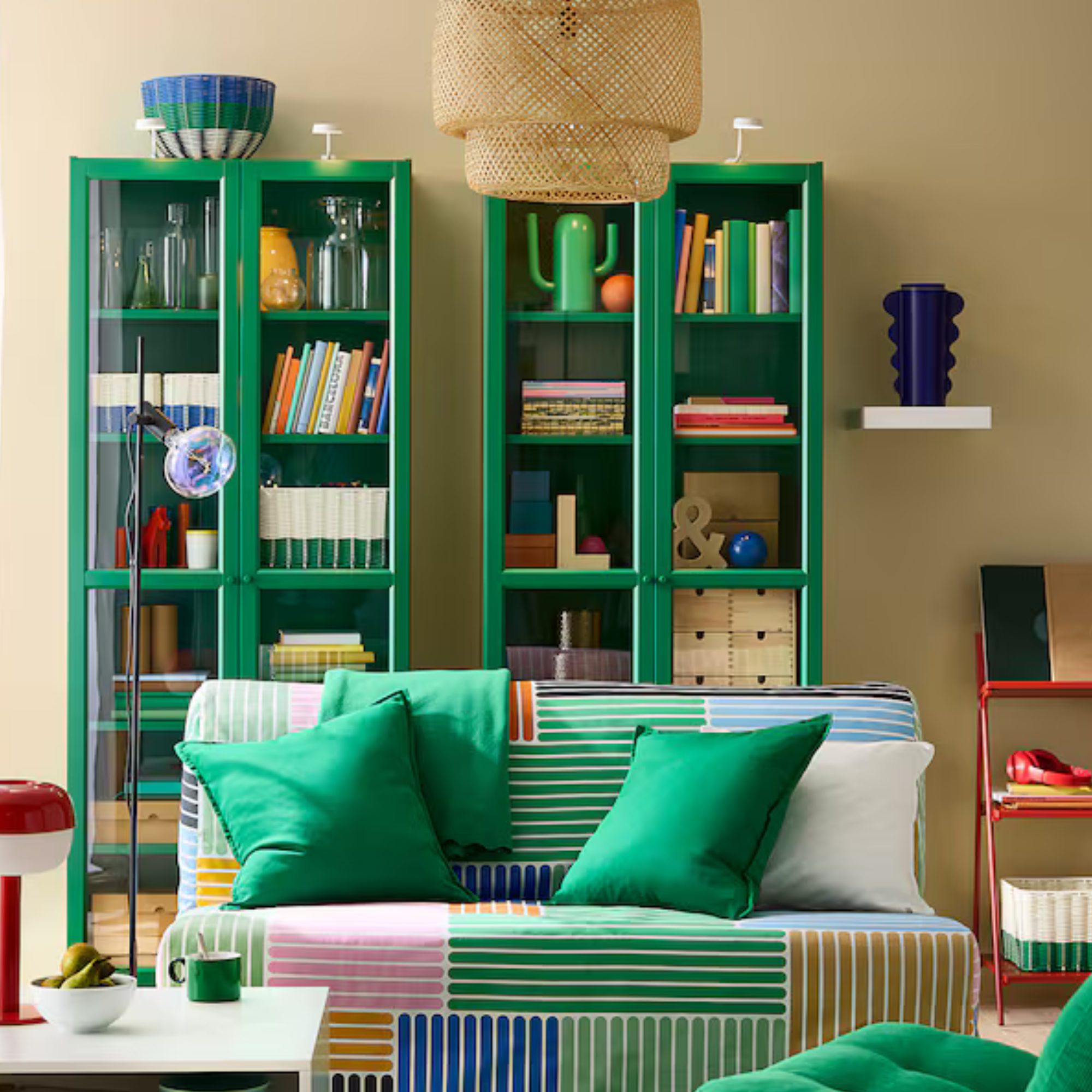 IKEA has drenched its BILLY bookcase in this year’s ‘it’ colour - but you’ll have to act fast if you want to get your hands on one
IKEA has drenched its BILLY bookcase in this year’s ‘it’ colour - but you’ll have to act fast if you want to get your hands on oneI'm obsessed with this gorgeous limited-edition colourway
By Kezia Reynolds
-
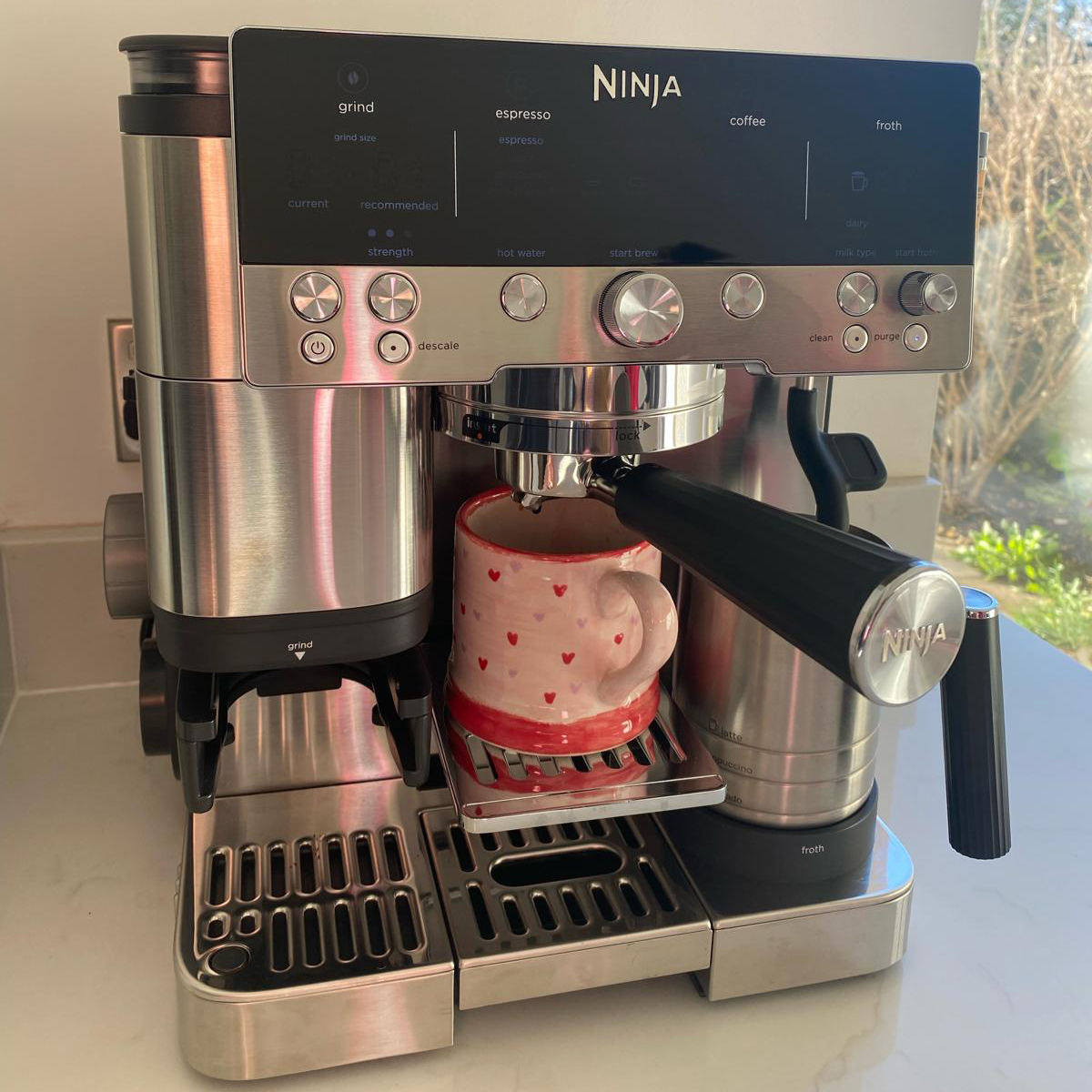 My go-to Ninja coffee machine just had a major price drop. It's more affordable than I've seen it before
My go-to Ninja coffee machine just had a major price drop. It's more affordable than I've seen it beforeIt makes coffee shop quality achievable at home
By Molly Cleary
-
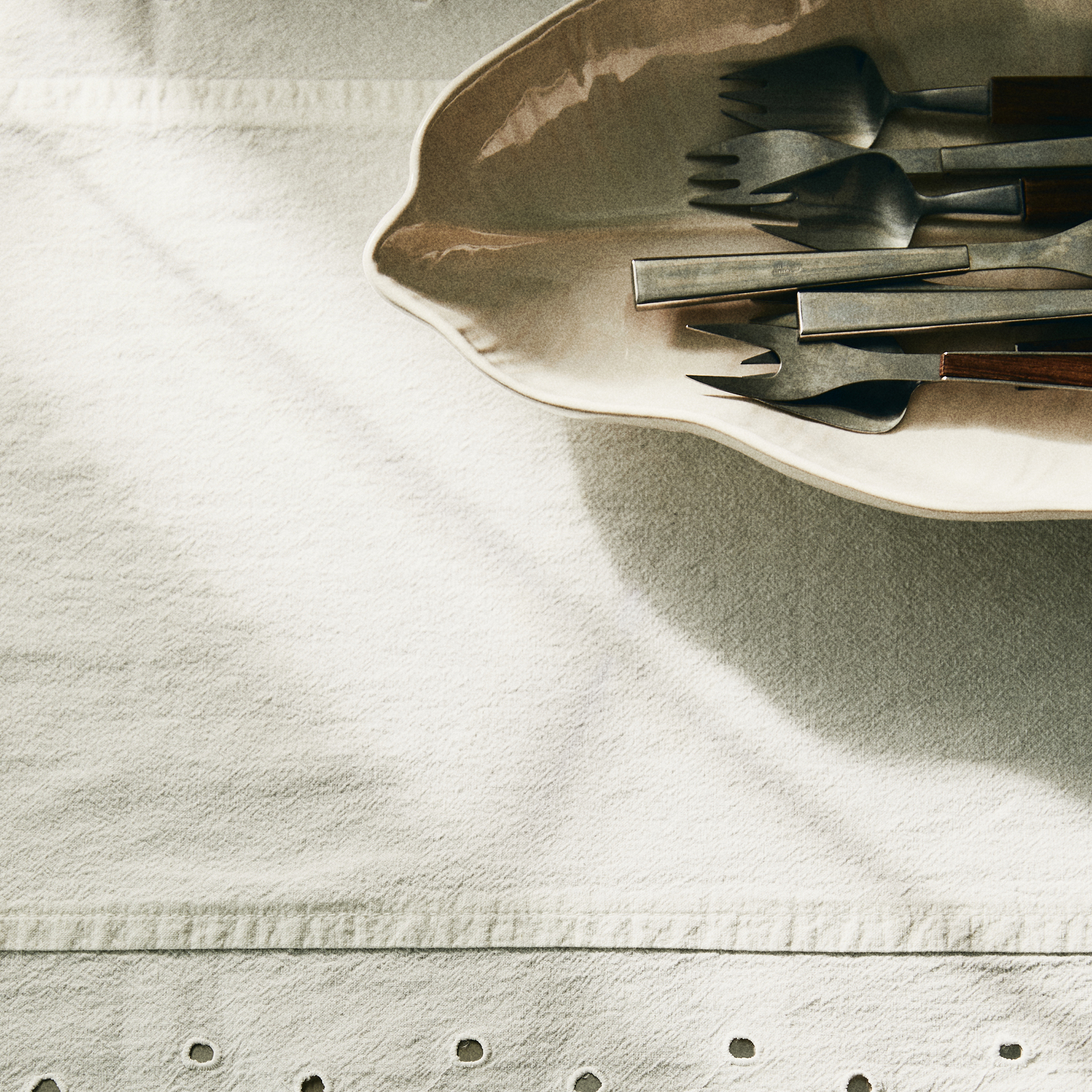 I'm a kitchen decor editor and didn't like this tableware trend - until I saw H&M Home's designer-look plates
I'm a kitchen decor editor and didn't like this tableware trend - until I saw H&M Home's designer-look platesThey made it easy to justify a new crockery set
By Holly Cockburn
-
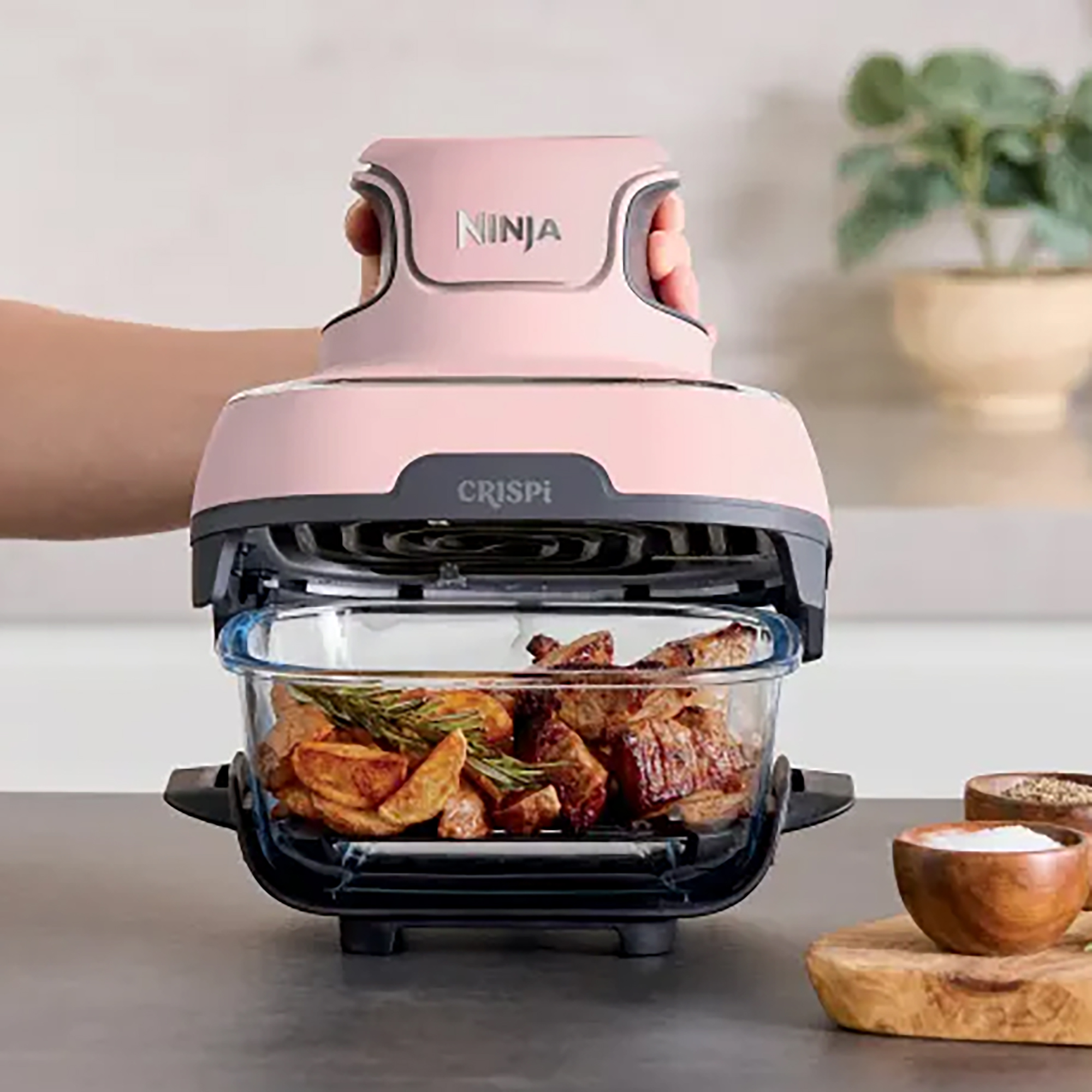 Have we just had a sneak peek at Ninja's plans for pastel air fryers? These new US-exclusive Crispi colours are giving us hope for the same in the UK
Have we just had a sneak peek at Ninja's plans for pastel air fryers? These new US-exclusive Crispi colours are giving us hope for the same in the UKNinja's spring colours collection i the US has sparked some serious appliance envy
By Molly Cleary
